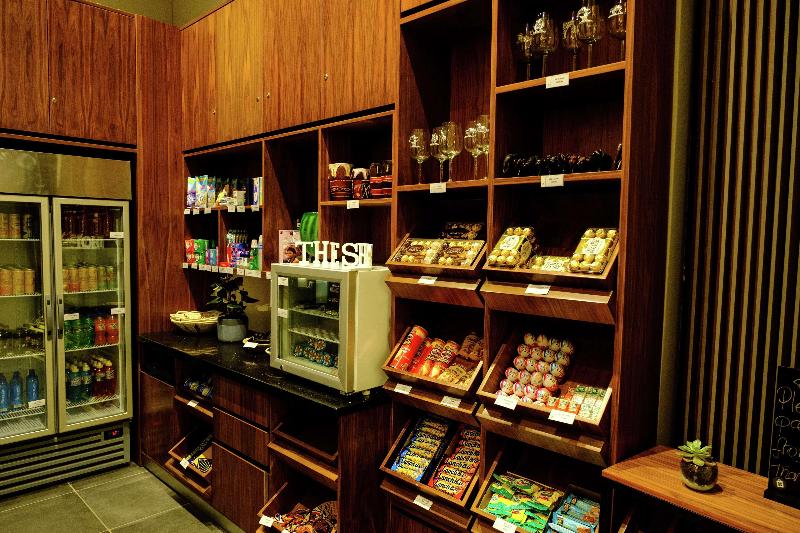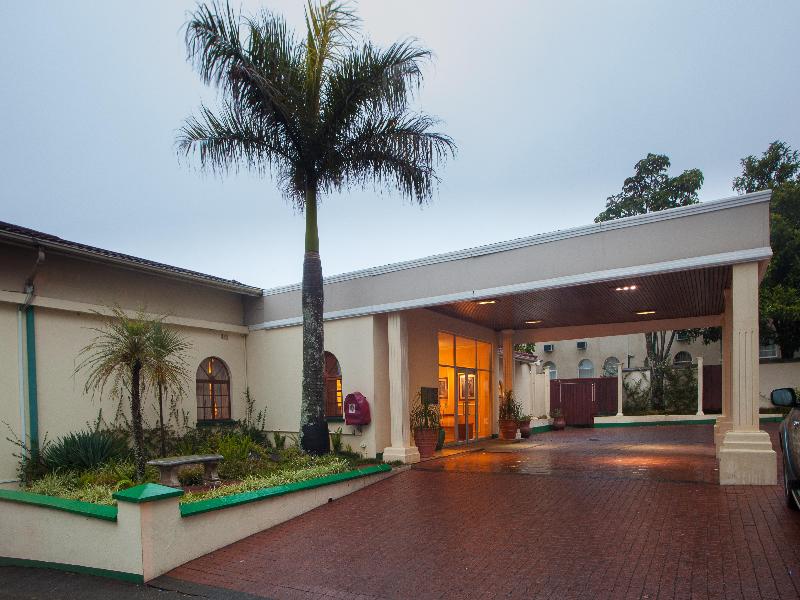


- Home
- Eswatini
Eswatini
Discover the Magic of Eswatini: Exploring Esw
Eswatini, previously known as Swaziland, is a small country located in Southern Africa. Known for its vibrant culture and stunning natural landscapes, Eswatini offers a unique travel experience for those seeking adventure and a glimpse into African tradition. Explore its wildlife reserves, hike its mountains, and soak up the Swazi way of life.
⛅🌤️☀️
🌬️
💧
🌅
🌇
☀️
🌤️
⛅
Latest Eswatini Activities
Discover exciting activities and unforgettable experiences in Eswatini. View all
Latest Eswatini Properties
Explore a wide range of properties in Eswatini. View all
FAQsFrequently
Frequently
asked
questions
about Eswatini
Eswatini is a small country located in Southern Africa, but it is packed with exciting places to visit. Some of the top attractions to visit in Eswatini include:
- Mlilwane Wildlife Sanctuary
- Hlane Royal National Park
- Ngwenya Glass Factory
- Mantenga Cultural Village
- Sibebe Rock
Each of these attractions offers unique experiences that can't be missed when traveling to Eswatini.
Eswatini offers a variety of activities for visitors to enjoy, including:
- Game drives in wildlife parks
- Hiking and mountain biking
- Cultural tours
- Bird watching
- Shopping for traditional handicrafts
Visitors can also participate in traditional Swazi ceremonies, such as the Umhlanga (Reed Dance) and Incwala (Kingship Ceremony), which offer a glimpse into Swazi culture and traditions.
The best time to visit Eswatini is during the dry season, which runs from May to September. During this time, the weather is cooler and drier, making it easier to explore the country's national parks and other attractions. The wet season, which runs from October to April, can be hot and humid, with heavy rainfall at times. However, this is also a good time to visit Eswatini's many waterfalls, which are at their most impressive during the rainy season.
Eswatini has a rich culinary culture, with a variety of traditional foods to try. Some popular dishes include:
- Umncweba (dried meat)
- Emasi (sour milk)
- Sitfubi (pumpkin leaves)
- Sishwala (maize porridge)
- Tinkhobe (mopane worms)
Visitors can also try traditional Swazi beer, which is made from sorghum and is a popular drink throughout the country.
Visitors to Eswatini may require a visa, depending on their country of origin. Some countries, such as the United States and the United Kingdom, are visa-exempt for stays of up to 30 days. Other countries may require a visa, which can be obtained through the nearest Eswatini embassy or consulate. It is important to check visa requirements well in advance of travel to ensure that all necessary paperwork is in order.
Eswatini offers a range of accommodations to suit all budgets and tastes. Some popular options include:
- Game lodges and camps in national parks
- Guesthouses and B&Bs in urban areas
- Resorts and hotels near tourist attractions
- Backpacker hostels and camping sites
Many accommodations offer traditional Swazi hospitality and a chance to experience local culture and traditions.
Eswatini is generally a safe country for tourists, with low levels of crime and a friendly local population. However, visitors should take basic safety precautions, such as avoiding walking alone at night and keeping valuables out of sight. It is also important to be aware of wildlife in national parks and to follow park rules and guidelines.
The local currency in Eswatini is the Swazi lilangeni (SZL), which is pegged to the South African rand (ZAR). Many businesses in Eswatini accept South African rand, US dollars, and euros, but it is advisable to carry some lilangeni for smaller transactions and to avoid currency exchange fees. ATMs are widely available in urban areas, but may be scarce in more rural areas.
The official languages of Eswatini are Swati and English. Swati is the most widely spoken language in the country and is used in official government business and education. English is also widely spoken and is the language of business and commerce.
Eswatini has a rich cultural heritage, and visitors should be aware of some customs and traditions when visiting. For example:
- Swazis traditionally greet each other by clasping hands and saying "Sawubona" (I see you) and responding "Yebo, sawubona" (Yes, I see you)
- Visitors should dress modestly and remove their shoes when entering a traditional homestead
- It is considered impolite to eat or drink in public during Ramadan
By following these customs and showing respect for local traditions, visitors can have a more meaningful and enjoyable experience in Eswatini.
Eswatini has a limited public transportation system, with most visitors opting to rent a car or hire a private driver. Roads in urban areas are generally well-maintained, but rural roads can be rough and require a 4x4 vehicle. Taxis and minibus taxis are also available for shorter trips, but visitors should be aware that these can be crowded and uncomfortable. It is also possible to travel by train, although the rail network is limited.












